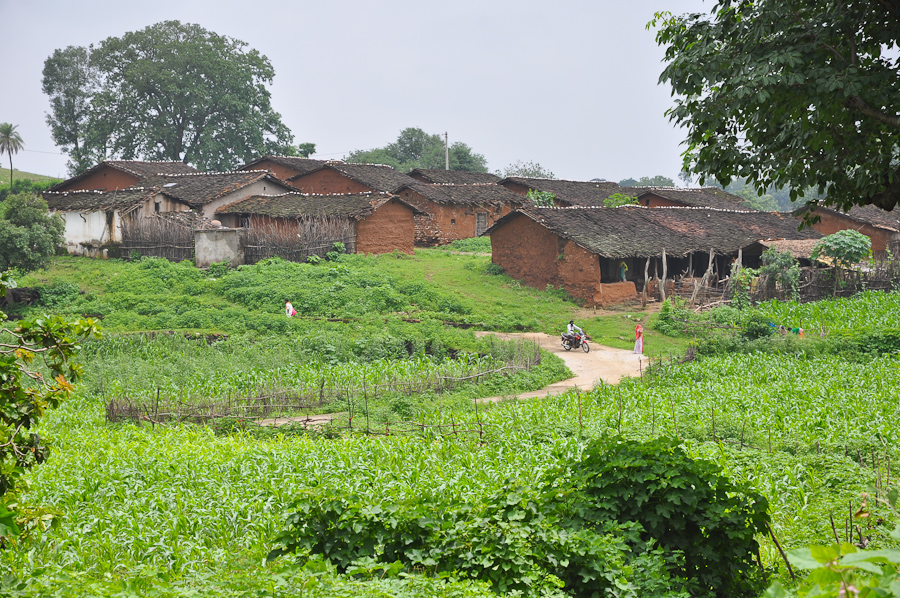
Poor people in rural, underserved areas face a huge and disproportionate burden of ill health. For example, in a baseline study of four underserved panchayats in South Rajasthan, we found that a whopping 68% of all children reported falling ill at least once in the previous two weeks. In such areas, public health services either do not exist or are affected by absenteeism of physicians and nurses. Concurrent evaluation of the National Rural Health Mission reported that Physicians were available in only 2 out of 10 PHCs surveyed in Rajasthan. The formal private sector also does not reach this area as people have very limited ability to pay. In such conditions, unqualified private practitioners and traditional healers are the default care providers—often of poor quality and exploitative, but available. Most such providers are men, further limiting the access of women to even this level of care.
High illness load and poor access to quality healthcare is reflected in high levels of mortality and in large disparities in mortality; for example, infant mortality in rural India, at 44/1000 live births, continues to be one and a half times that of urban India. Yet even these averages hide the further inequalities within the rural areas, especially those prevailing within the underserved areas. For example, 33% of all women of reproductive age, in the survey referred to above, reported at least one child death in the past.
Families also end up incurring huge costs, despite receiving poor quality care. It is not surprising that expenditure on healthcare is one of the major reasons for families slipping into indebtedness in rural India.
Due to the absence of adult males from the household and the erratic availability of liquid cash, families of migrants are even more likely to defer treatment when ill, thereby incurring higher costs and becoming more likely to fall into indebtedness from healthcare expenditure. Migrants themselves have higher vulnerability to illness due to the unhealthy and unhygienic environment in which they work and live. Being less familiar with the city and its healthcare systems, and having limited liquid cash, they defer seeking care when ill, or they go back to the “pastures” they know better, their own village, prematurely breaking the migration tenure and further reducing their income.
